Classics That Made a Difference
Books that have stood the test of time, loved by Oprah, Gwyneth, Julia and more...
From the book finder
From the book finder
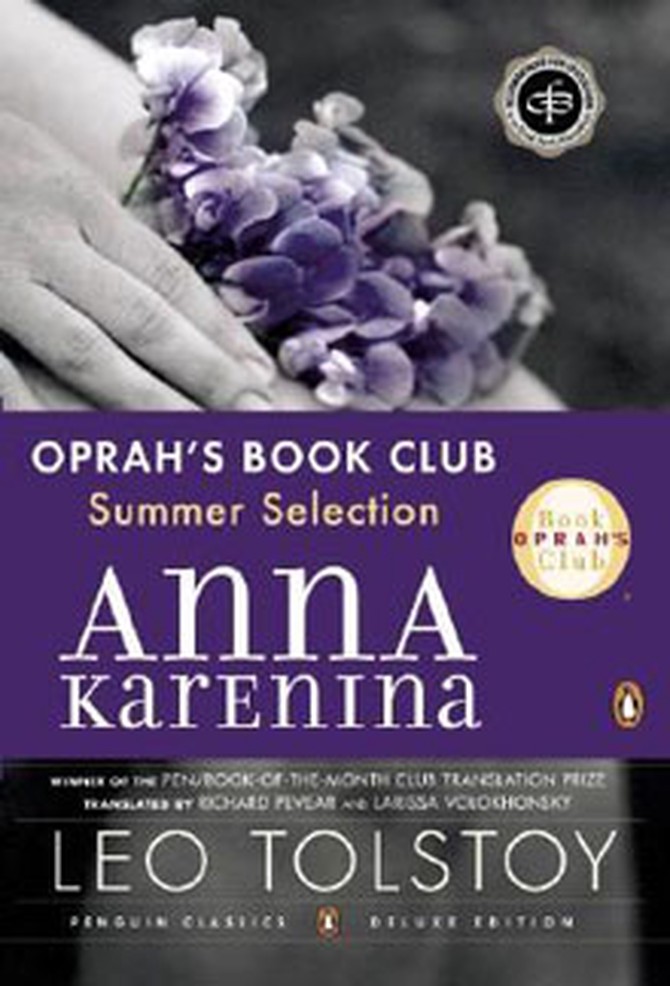
Anna Karenina by Leo Tolstoy
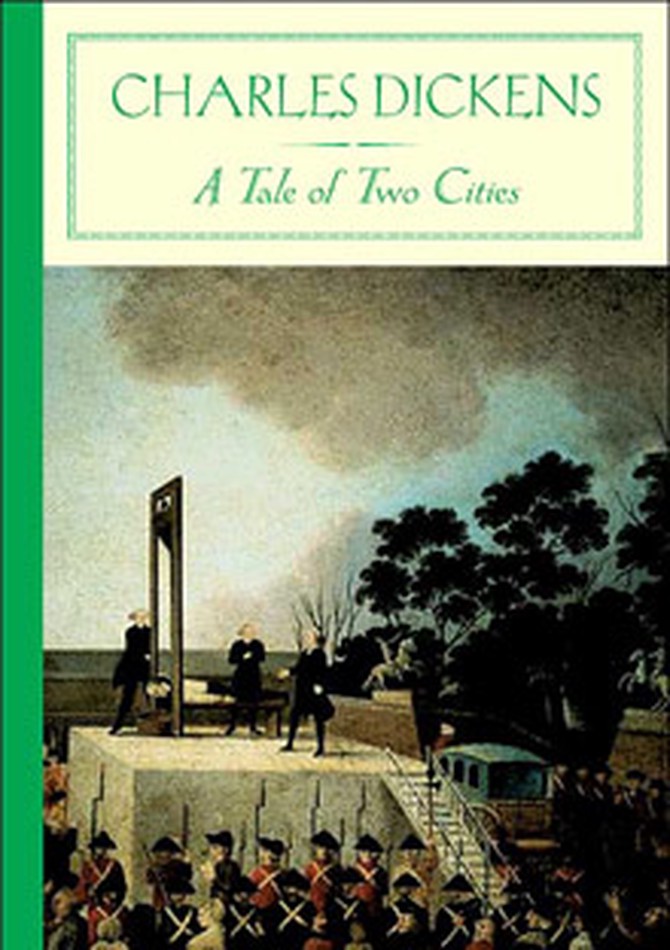
A Tale of Two Cities by Charles Dickens
When stories become iconic, you sometimes forget what made them so special in the first place. They can become the punch line to a joke. But A Tale of Two Cities not only has the best first line ever written—"It was the best of times, it was the worst of times"—it's got everything! The novel has wine, guillotines, revolution! It has the storming of the Bastille! It has Madame Defarge, one of the best villains in any literary novel. At the end, it's got a little romantic switcheroo: One man stands in the place of another and dies for the woman he loves. The first line is fitting right now. It's a very have and have-not time. It's certainly the most hopeful period for our country but also a very bleak one for a lot of people.
— Amy Poehler
See all the books that made a difference to Amy Poehler
— Amy Poehler
See all the books that made a difference to Amy Poehler
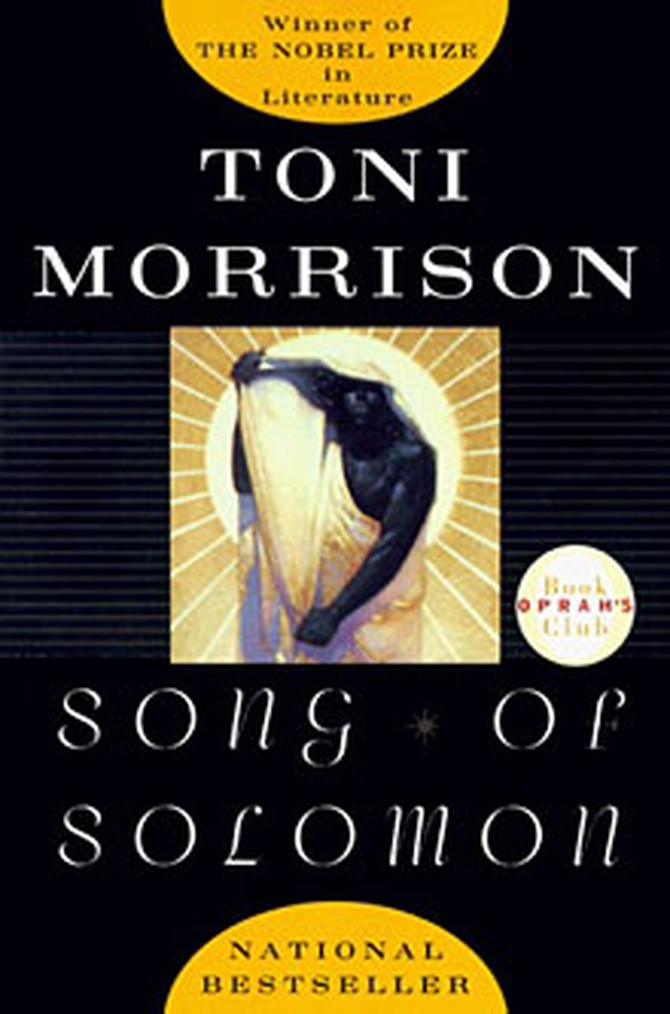
Song of Solomon by Toni Morrison
Morrison makes compelling real-world magic in this book. The main character, Milkman, learns about generations of his family and the struggle of black men living in the South. As he discovers his identity, Morrison lets him fly (literally). She helps you see something that you've never seen in life or movies or art. When I finished it I thought, "That's the best book I've ever read. The best one."
— Lee Pace
See all the books that made a difference to Lee Pace
— Lee Pace
See all the books that made a difference to Lee Pace
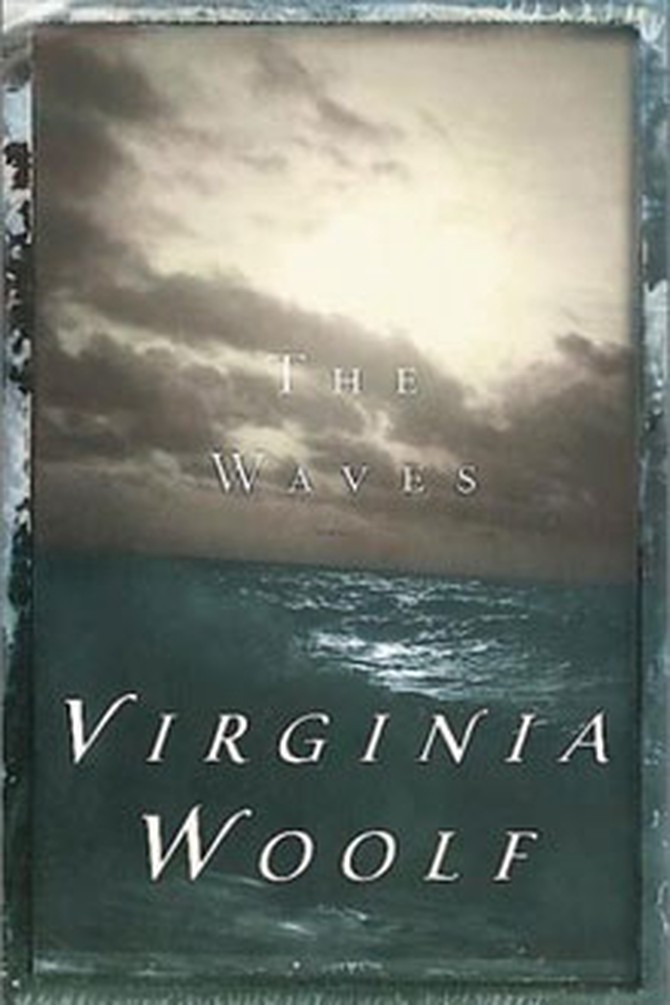
The Waves by Virginia Woolf
This is a novel about writing and time, about how we desperately endeavor to inscribe moments in our consciousness, using words to record, shape, and remember our lives. Even as our lives, alienated from us by vast, incomprehensible distance, ebb and flow relentlessly like the ocean's ceaseless breaking on the shore. Following a group of bright British students from their childhood days together at school through the years in which they begin to mature, decline, then die, Woolf asks how is any of this possible...what could it mean...do we possess faculties of mind or body to address this soaring, this falling and drowning, this obliteration and return in time.... "How I distrust neat designs of life that are drawn upon half-sheets of notepaper. I begin to long for some little language such as lovers use, broken words, inarticulate words, like the shuffling of feet on the pavement."
— John Edgar Wideman
See all the books that made a difference to John Edgar Wideman
— John Edgar Wideman
See all the books that made a difference to John Edgar Wideman
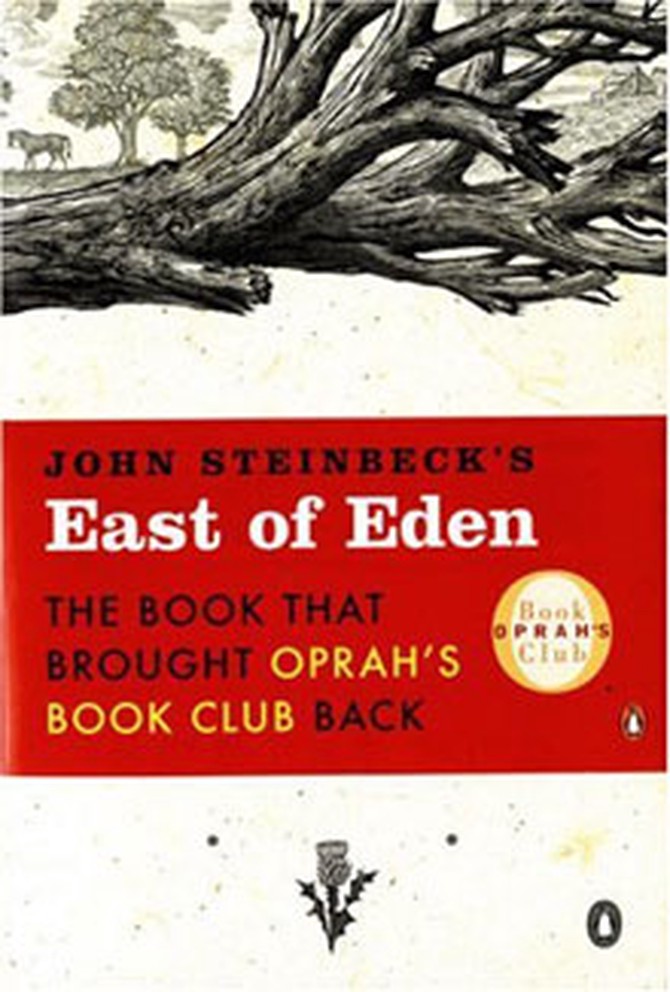
East of Eden by John Steinbeck
You won't be able to turn the pages fast enough.
— Oprah
Get your comprehensive guide to East of Eden
— Oprah
Get your comprehensive guide to East of Eden
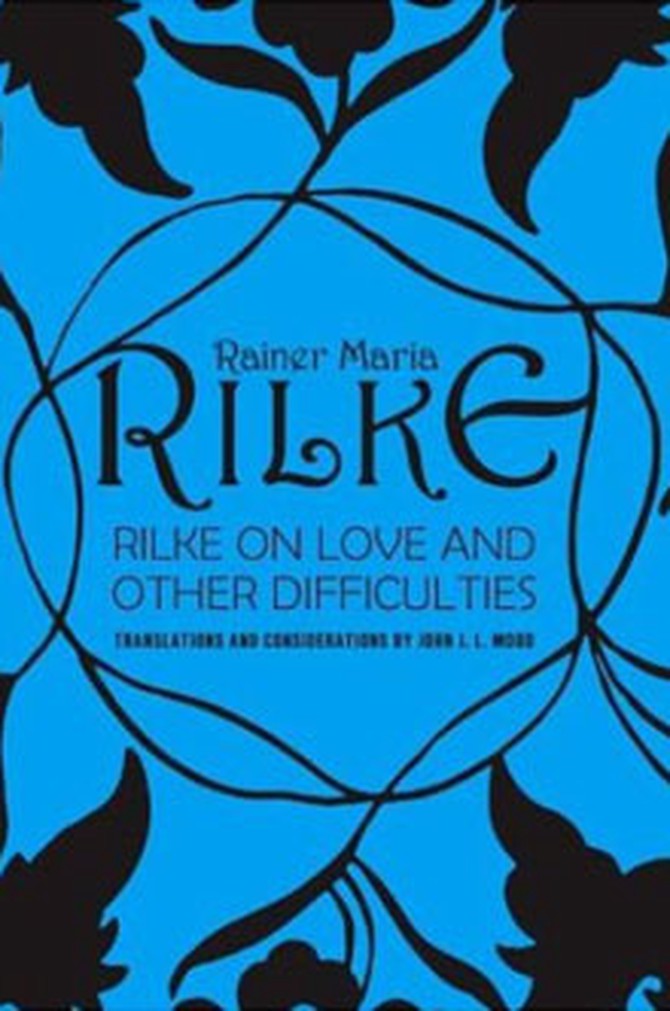
Rilke on Love and Other Difficulties by Rainer Maria Rilke
The passage that begins with the following lines is perhaps the most meaningful I've ever read: "You are so young, so before all beginning, and I want to beg you, as much as I can, to be patient toward all that is unsolved in your heart and try to love the questions themselves...." It's a guide to how I want to be. I want to remember in moments when I'm caught up in the details of not knowing what and when and why and how to do something that I need to go back to the notion of trying to live in the unknown—and that, in fact, is what will lead to the answer.
— Sarah Paulson
See all the books that made a difference to Sarah Paulson
— Sarah Paulson
See all the books that made a difference to Sarah Paulson

The Colussus of Maroussi by Henry Miller
This book—an account of Miller's time in Greece just before World War II—saved me when I was working in a place I didn't care for and I couldn't leave. I was stuck indoors for two and a half months, but when I got hold of this, I suddenly got to leave. I went on a trip, found myself walking every step with Miller. What I appreciated most about it was his descriptions of meeting people and traveling with them for a short period of time; I'd had that experience in Europe when I was 18. I also loved the physicality of his writing. He conjures the primitiveness of his exchanges with the Greeks. It was then that he realized we don't have to present ourselves as something we're trying to be; we can be as we are, and we'll find a connection with others so long as we don't force it.
— Josh Brolin
See all the books that made a difference to Josh Brolin
— Josh Brolin
See all the books that made a difference to Josh Brolin
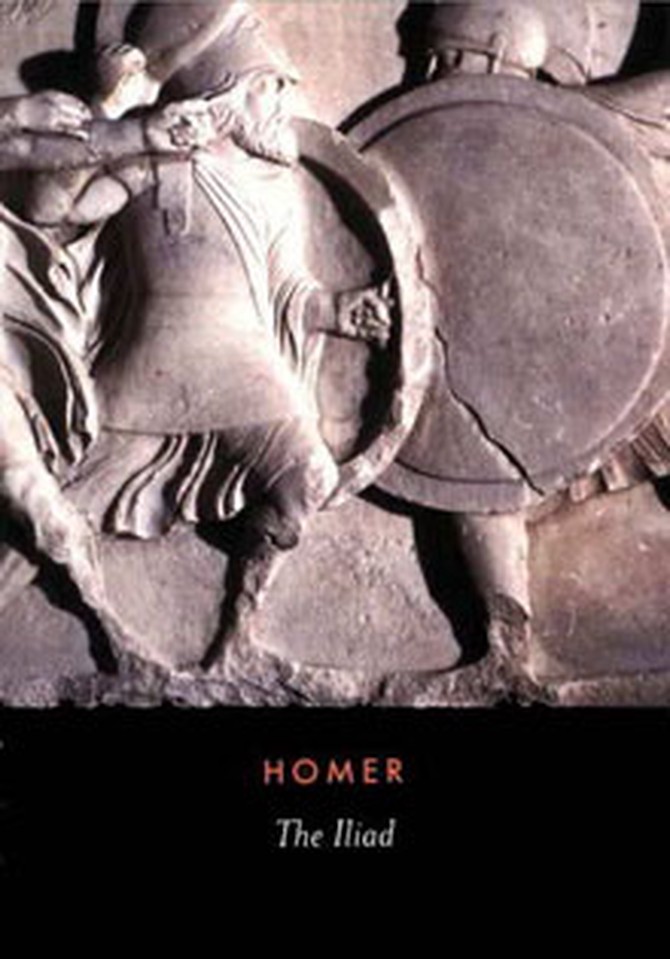
The Iliad by Homer
I wasn't a big reader growing up, but something clicked with The Iliad. It's a war story told in 24 chapters of poetry. Some people are intimidated by the book's reputation, but its language cues you emotionally and intellectually. The rhythm of it helps you absorb the material—the alliteration, the onomatopoeia, the way certain words are set against each other. I remember the way daybreak is described: "Now as the Dawn flung out her golden robe across the earth." Gorgeous.
— Laura Linney
See all the books that made a difference to Laura Linney
— Laura Linney
See all the books that made a difference to Laura Linney
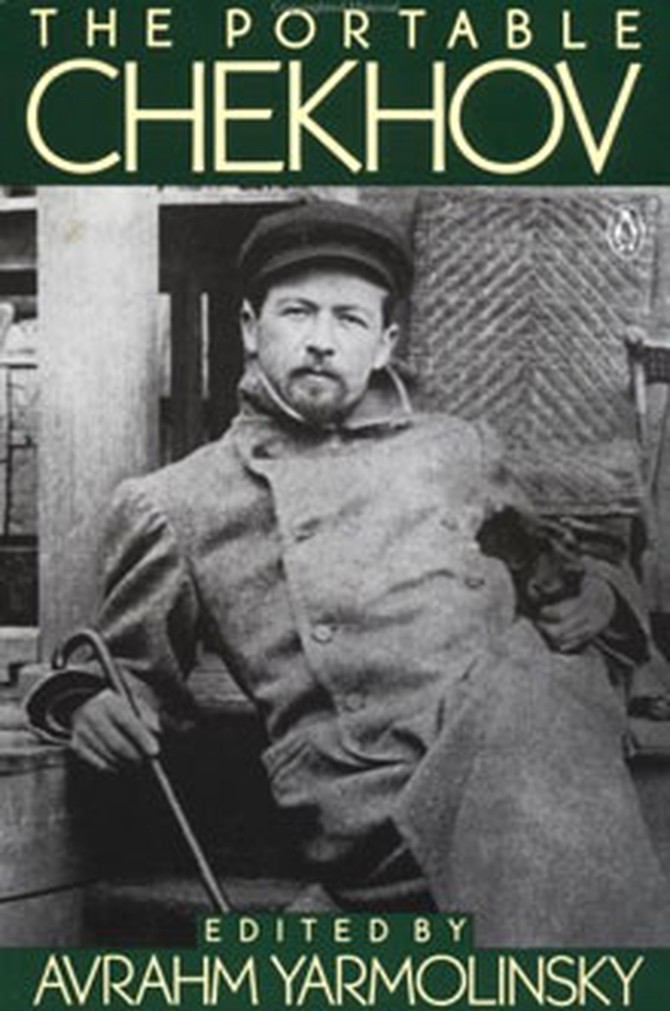
The Portable Chekhov by Anton Chekhov
Chekhov—shall I be blunt?—is the greatest short story writer who ever lived. In "Gooseberries" he offers the perfect distillation of the writer's aspiration: "Every happy man should have someone with a little hammer at his door to knock and remind him that there are unhappy people, and that, however happy he may be, life will sooner or later show its claws." In story after story, Chekhov, in the role of that man with the hammer, urges us to be gentle with one another, and honest with ourselves.
— George Saunders
See all the books that made a difference to George Saunders
— George Saunders
See all the books that made a difference to George Saunders
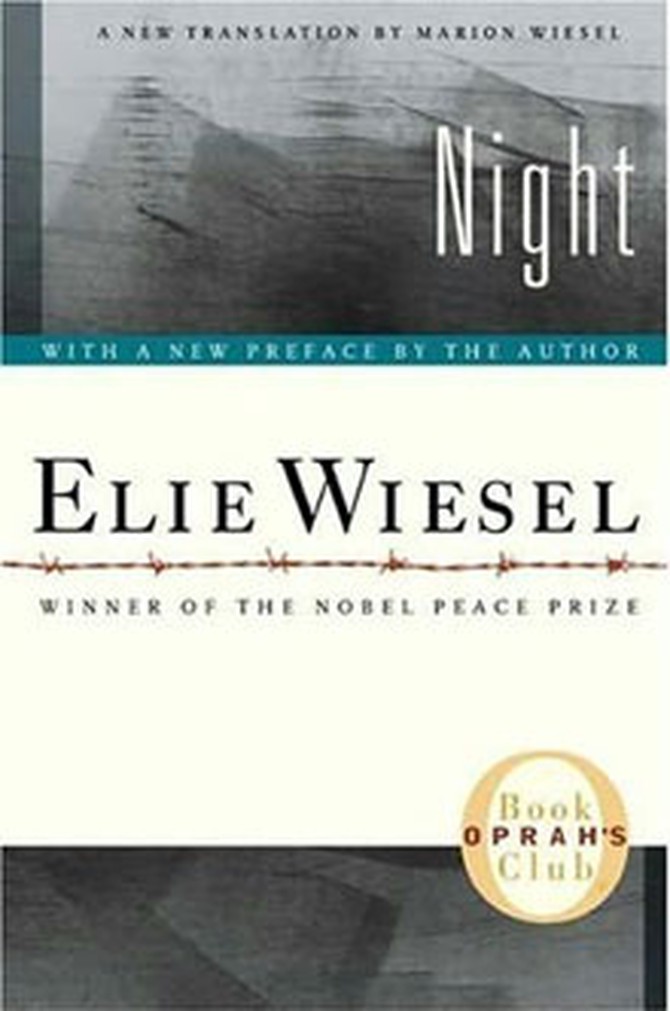
Night by Elie Wiesel
I gain courge from his courage... [My dream is that] the powerful message of this little book would be engraved on every human heart and will never be forgotten again.
— Oprah
— Oprah
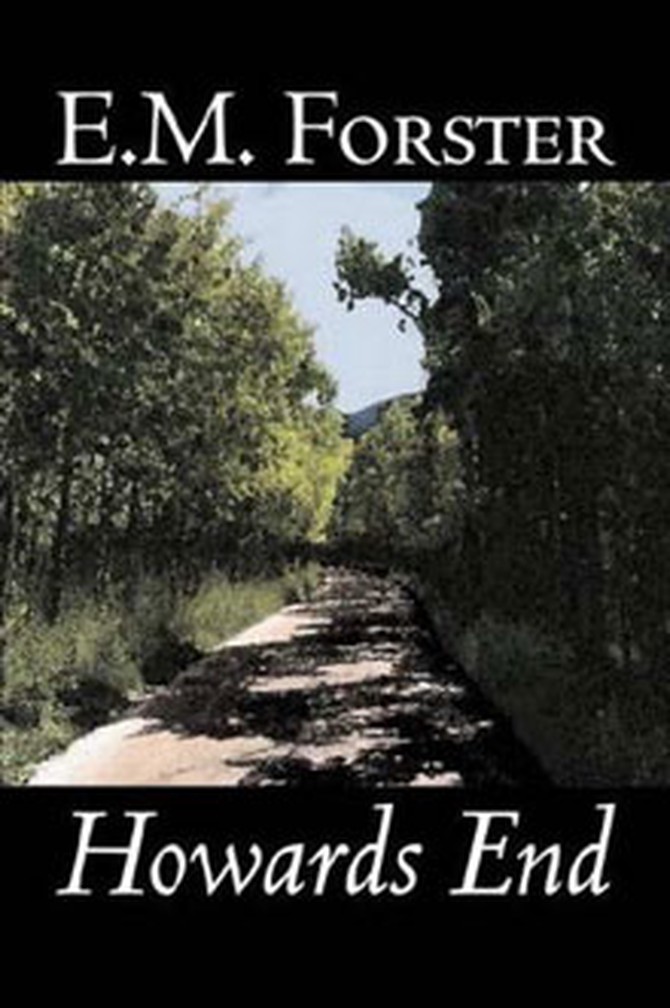
Howards End by E.M. Forster
The two very idealistic Schlegel sisters live together in London in the early 20th century. The novel is about the difference between ideas and real life and how both sisters learn to live—and learn to love. I first read it as a teenager, and then I reread it this past Christmas. Margaret and Helen are such unusual characters: two women struggling to put their morals and ideals into practice. And what's beautiful and interesting are their failures.
— Rachel Weisz
See all the books that made a difference to Rachel Weisz
— Rachel Weisz
See all the books that made a difference to Rachel Weisz
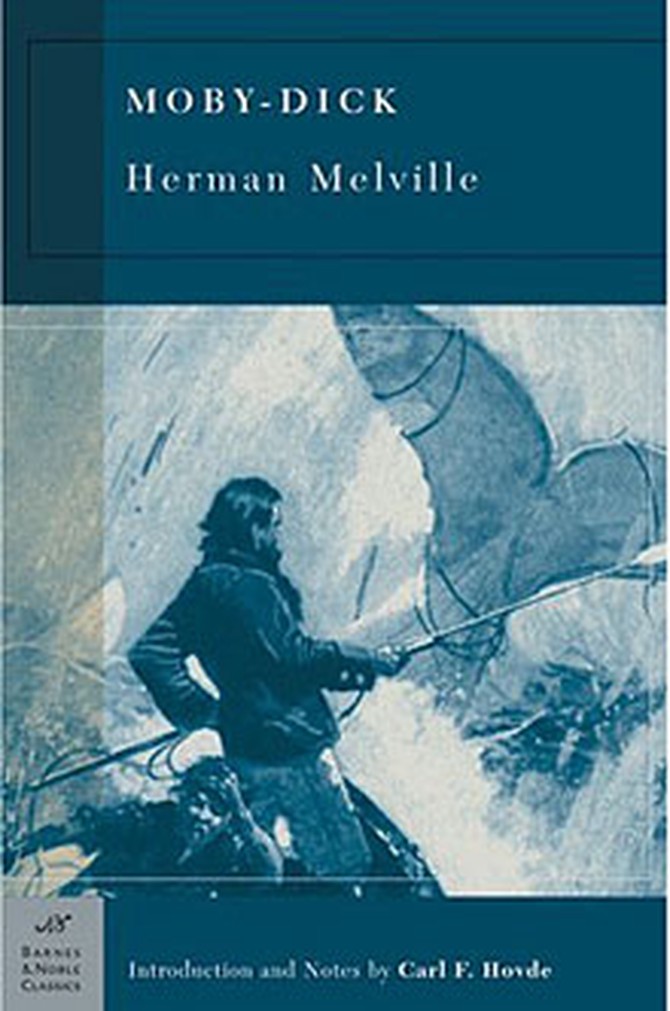
Moby Dick by Herman Melville
I believe some people have already remarked on this novel. Unflaggingly brilliant and stunningly modern. Besides learning a huge amount about whales and seafaring, you can also impress your friends with the origin of the name Starbuck.
— Hugh Laurie
See all the books that made a difference to Hugh Laurie
— Hugh Laurie
See all the books that made a difference to Hugh Laurie
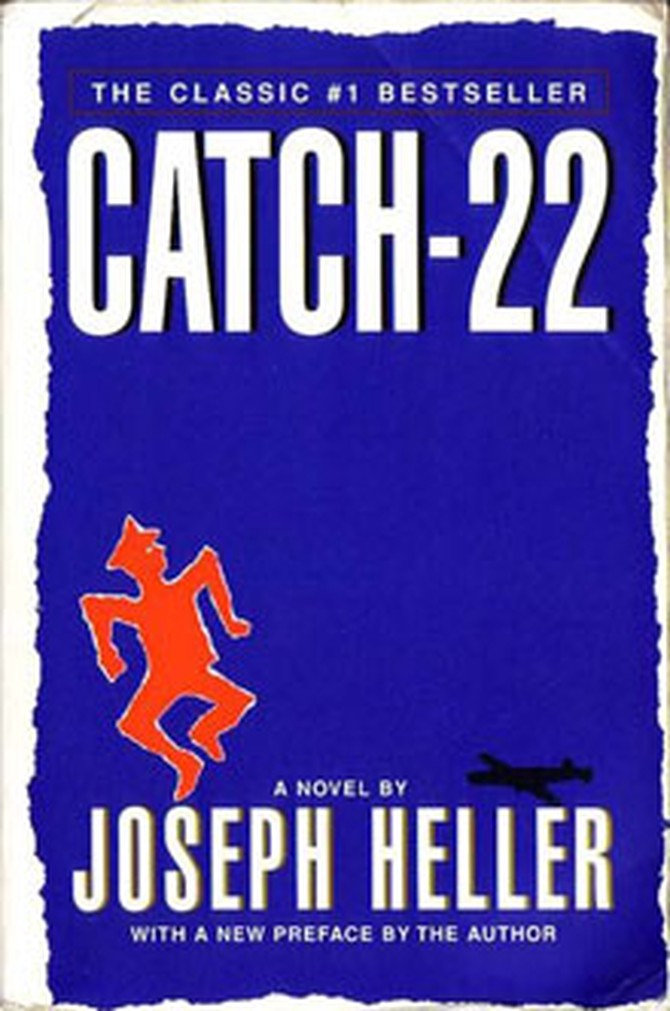
Catch 22 by Joseph Heller
A satire on war, I suppose, but that's a pretty broad and uninteresting category by itself. Catch-22 plays with the first principles of existence: Out of a million possible examples, how about this? One soldier named Dunbar notices that time passes more slowly when you're bored; he therefore sets about cultivating a state of perfect boredom in which time will actually stop, allowing him to live forever. Except that thought itself is interesting, and so hastens his death. And so on. Breathtakingly brilliant stuff.
— Hugh Laurie
See all the books that made a difference to Hugh Laurie
— Hugh Laurie
See all the books that made a difference to Hugh Laurie
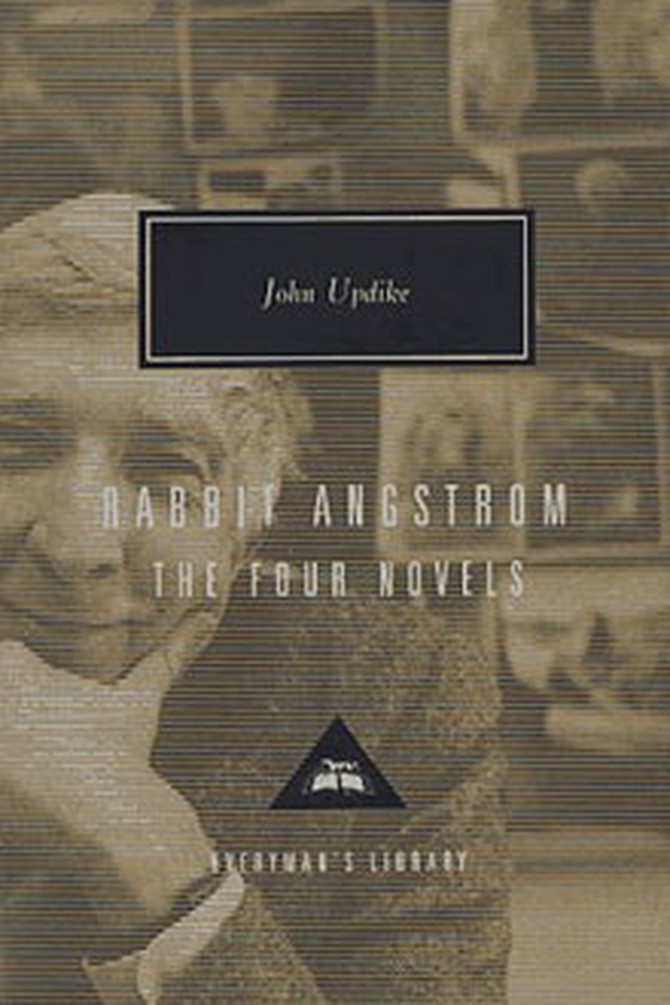
Rabbit Angstrom: The Four Novels by John Updike
No author captures the feeling of this country the way Updike does. These four novels—my all-time favorite books—follow one man, Rabbit (born Harry Angstrom), from his post-high school years in a blue-collar Pennsylvania city until his death. The result is an amazing history of America, especially what it was like to be an average Joe from the 1950s through the 1980s. If I have any understanding of the 1960s—the years when I was a baby—it's mostly from Rabbit.
— Hope Davis
See all the books that made a difference to Hope Davis
— Hope Davis
See all the books that made a difference to Hope Davis
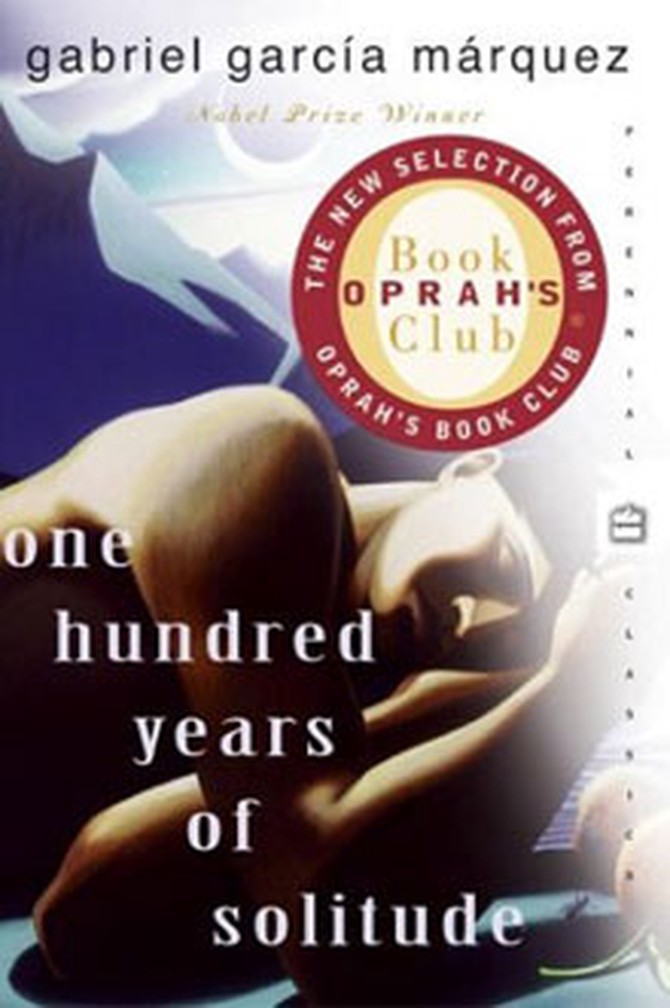
One Hundred Years of Solitude by Gabriel García Márquez
It takes us inside a world where the lines of magic and reality are blurred, so stay with it. It's not like anything you've ever read before.
— Oprah
— Oprah
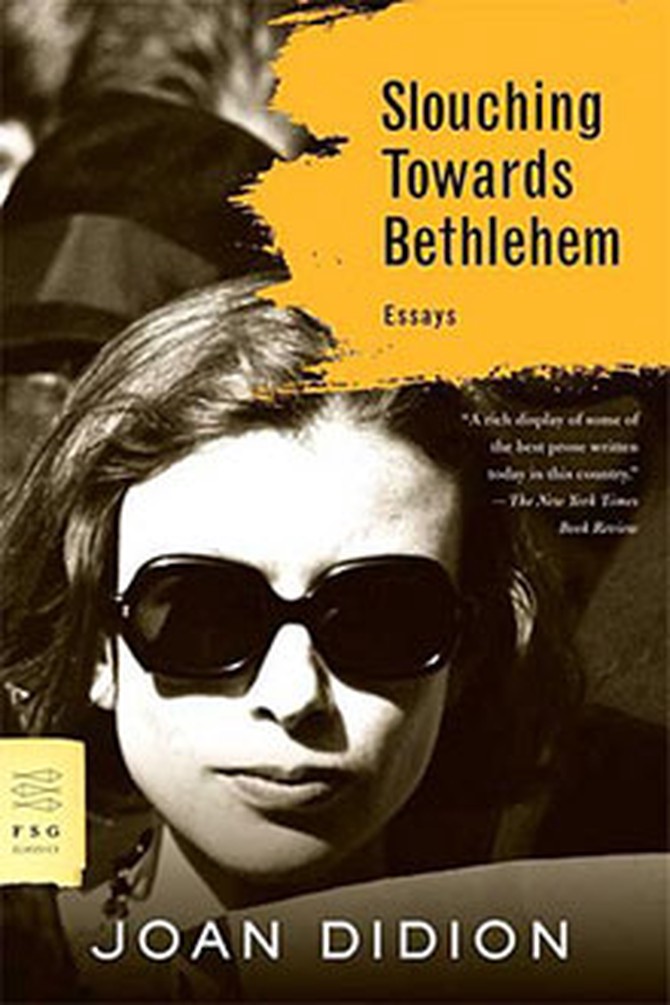
Slouching Towards Bethlehem by Joan Didion
My favorite essay in this collection is "Goodbye to All That." One quote has always resonated with me: "I was late to meet someone, but I stopped at Lexington Avenue and bought a peach and stood on the corner eating it and knew that I had come out of the West and reached the mirage." As a child, I lived all over the world—we moved a million zillion times—and I never felt completely happy until I was in New York City. Like Didion, I felt that I'd reached the mirage; I'd found a place where anything could happen. And she talks about that: "I still believed in possibilities then, still had the sense, so peculiar to New York, that something extraordinary would happen any minute, any day, any month."
— Julianne Moore
See all the books that made a difference to Julianne Moore
— Julianne Moore
See all the books that made a difference to Julianne Moore
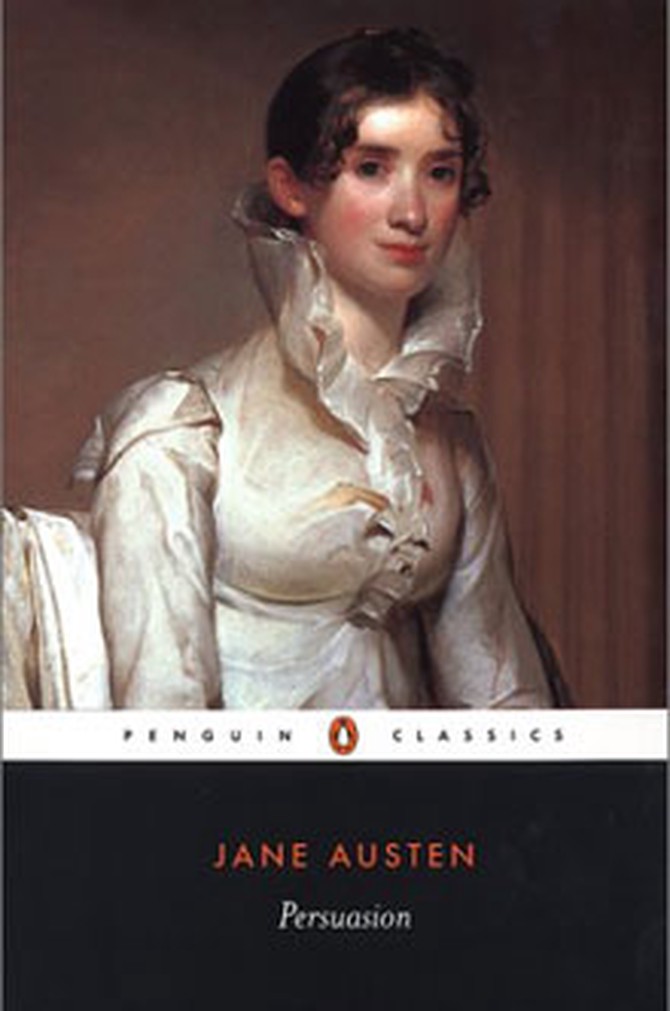
Persuasion by Jane Austen
Everyone has their Austen, and this is mine. Sparer, more savage—and also more poignant than Pride and Prejudice, this is a novel that tells us wisely and wittily about the nature of romantic entanglements and the follies of being human. It isn't riven with the deep, muscular ironies of, say, Emma, but there is something about the dry lightness of Persuasion that is deceptive. It stays with you long after you've read it.
— Nigella Lawson
See all the books that made a difference to Nigella Lawson
— Nigella Lawson
See all the books that made a difference to Nigella Lawson
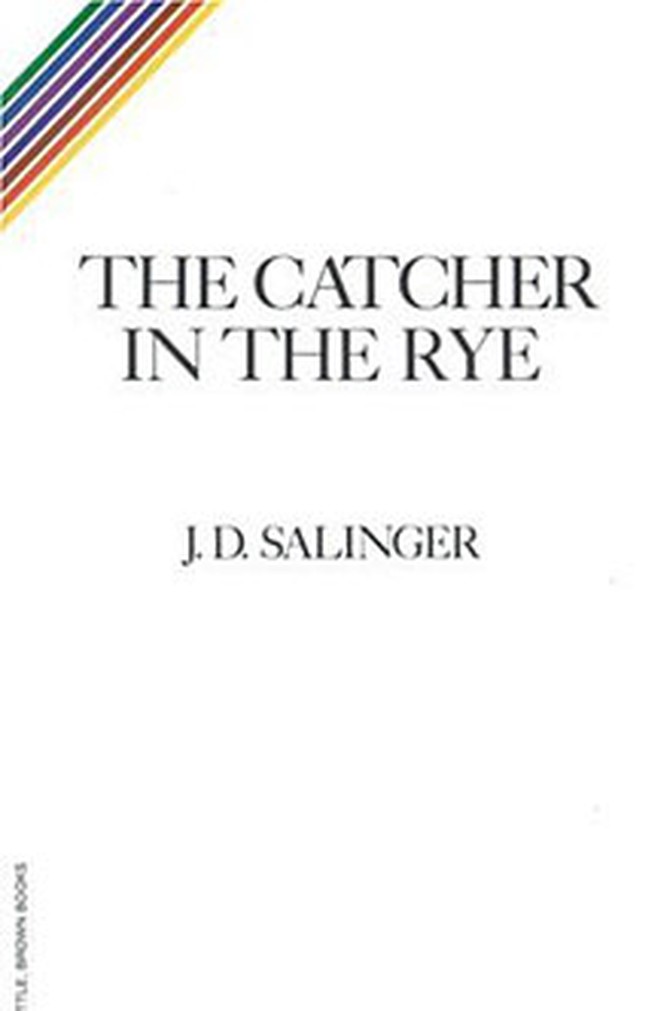
The Catcher in the Rye & Franny and Zooey by J.D. Salinger
The Catcher in the Rye was assigned reading for me in seventh grade. I think the reason everybody in the world connects with this book is because it's about being isolated—just slightly outside of what you perceive to be the norm. It's the ultimate story of being a little bit on the outside, and I think everybody sort of regards themselves as being that way. And the language! It was the first book I ever read that made me laugh out loud.
The whole family dynamic in Franny and Zooey is fascinating. But for me, this book is all about the end, when Franny comes apart in the bedroom. The delicacy of someone that intelligent being so close to falling to pieces is intriguing to me.
— Gwyneth Paltrow
See all the books that made a difference to Gwyneth Paltrow
The whole family dynamic in Franny and Zooey is fascinating. But for me, this book is all about the end, when Franny comes apart in the bedroom. The delicacy of someone that intelligent being so close to falling to pieces is intriguing to me.
— Gwyneth Paltrow
See all the books that made a difference to Gwyneth Paltrow
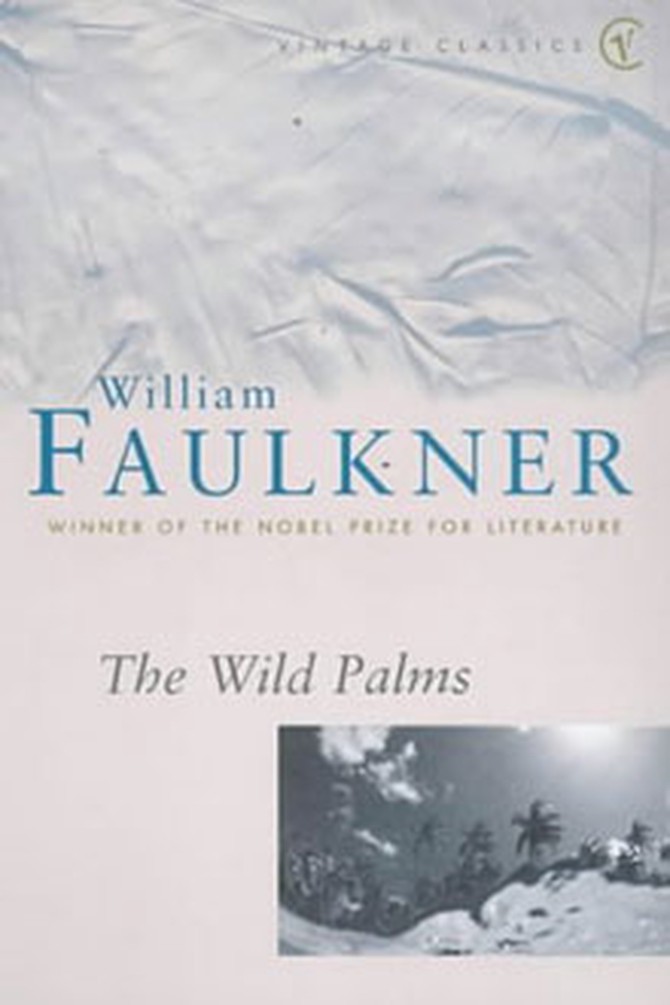
The Wild Palms by William Faulkner
This would have to be my favorite classic novel. It's such a beautiful, tragic love story—a book that will just destroy you. And Faulkner's language is so utterly descriptive. He can write an entire page that consists of only adjectives and two commas. Actually, he's the reason I ended up passing high school English, because my punctuation was always kind of...eccentric. I would say to my teacher, "Well, you know, William Faulkner—he doesn't use proper punctuation." And one of my teachers ended up devising a system with two grades, where you were graded on content and then on whether it was properly written.
— Julia Roberts
See all the books that made a difference to Julia Roberts
— Julia Roberts
See all the books that made a difference to Julia Roberts

William Faulkner
If you have not read this author, you cannot say you have been baptized as a real reader.
— Oprah
Get your comprehensive guide to Light in August, As I Lay Dying, and The Sound and the Fury
— Oprah
Get your comprehensive guide to Light in August, As I Lay Dying, and The Sound and the Fury
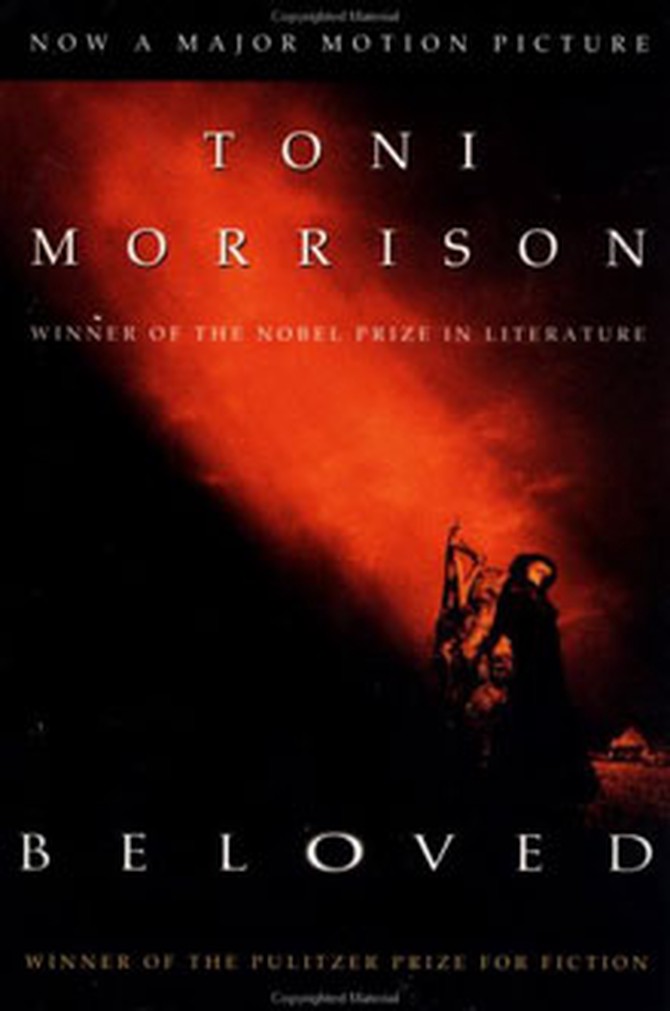
Beloved by Toni Morrison
I read Beloved when it came out in 1987, and it was one of the most difficult books I've ever encountered. The rhythm of the writing, the cadence—it was like learning a new language where you're just banging your head against a wall. Then, after several chapters, a door opens and you're in. To me, the book is all emotion, a big morass of feeling. It's remarkable. What this woman goes through, what she believes she has to do is so horrific—you can't help but think, "How does she survive?"
— Julianne Moore
See all the books that made a difference to Julianne Moore
— Julianne Moore
See all the books that made a difference to Julianne Moore
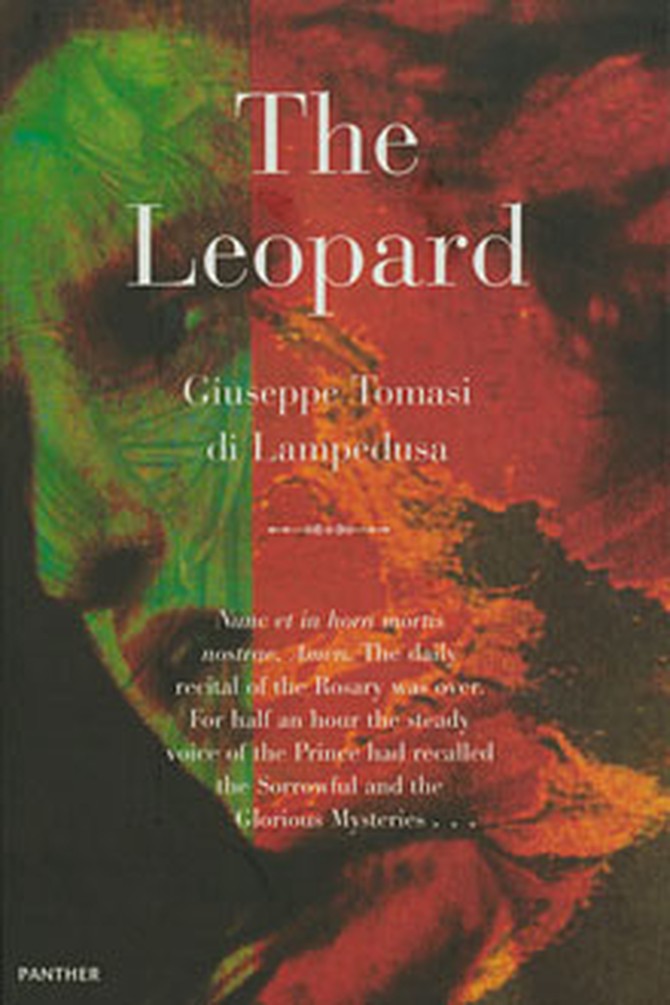
The Leopard by Giuseppe di Lampedusa
I wouldn't give a damn about the world of this book were it not for the fact that Lampedusa draws you into it in such an intoxicating fashion. The descriptions of 19th-century Sicily were written with such melancholy, honesty and lack of sentimentality that I found myself thinking this era was the most important thing. What blew me away, though, were the passages about death.
Extraordinary.
The prince, whose family is part of the dying aristocracy, says sleep is what the Sicilians want. They don't want anything forward looking. All their magnificent history and the things they worship—their cathedrals and castles and heritage—are things Sicilians love only because they're dead. It's a romance with sleep and death—a desire for what he calls voluptuous immobility.
— Colin Firth
See all the books that made a difference to Colin Firth
Extraordinary.
The prince, whose family is part of the dying aristocracy, says sleep is what the Sicilians want. They don't want anything forward looking. All their magnificent history and the things they worship—their cathedrals and castles and heritage—are things Sicilians love only because they're dead. It's a romance with sleep and death—a desire for what he calls voluptuous immobility.
— Colin Firth
See all the books that made a difference to Colin Firth
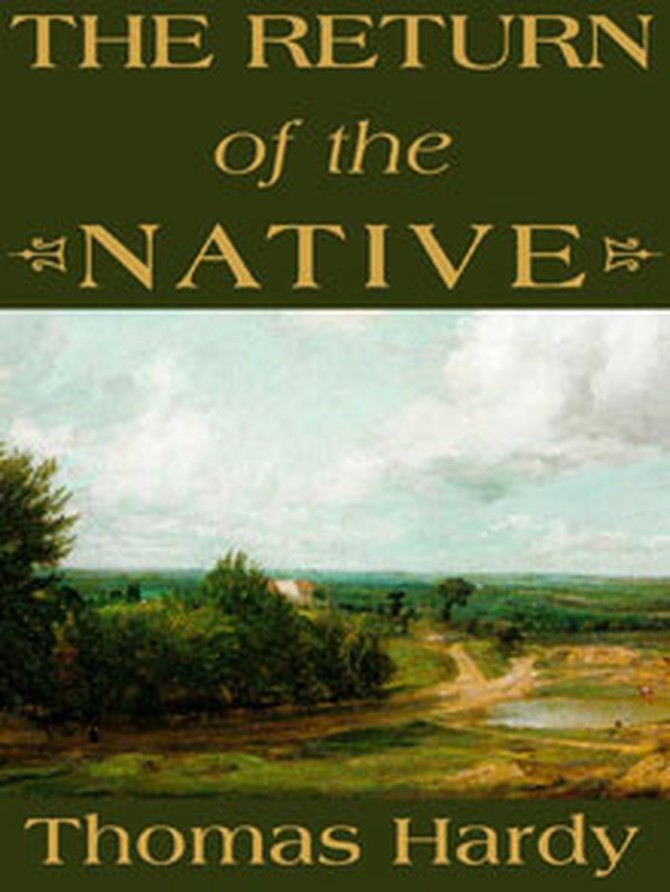
The Return of the Native by Thomas Hardy
This is a titanic book—reminiscent of Wuthering Heights in that it's one of those great, dark romances where the landscape plays such an important role. I found it impossible not to be swept up in the story of Eustacia Vye and Clym Yeobright. This book is an extraordinary epic that shows human behavior—particularly with regard to love and ambition and jealousy—in its most extreme and passionate forms. It's almost exhausting to read; it feels as if it goes into the bowels of the Earth and into the very hearts of the characters.
— Kenneth Branagh
See all the books that made a difference to Kenneth Branagh
— Kenneth Branagh
See all the books that made a difference to Kenneth Branagh
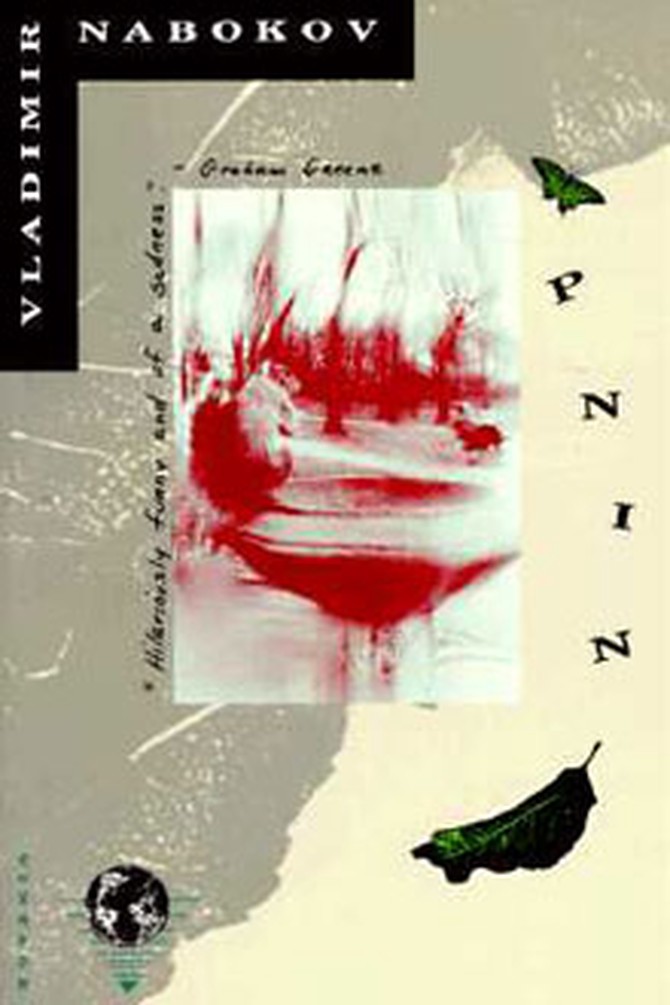
Pnin by Vladimir Nabokov
This novella is explicitly a book about ridicule and caricature—Professor Pnin is a joke of a man on a college campus. He's an awkward Russian émigré with bad English, false teeth, a clumsy sense of humor, a tendency to burst into tears or take offense at small slights. Everybody on campus can do an impression of him. He's a clown. But at the core of the book is the idea that there is a Pnin who is as real as the people who ridicule him. You are invited to laugh at him, and then you are humbled and shamed by your own laughter. It's a gorgeous, hilarious, humane book that uncovers the reality of a man's life in sly, piecemeal fashion. I think it's my favorite novel.
— Zadie Smith
See all the books that made a difference to Zadie Smith
— Zadie Smith
See all the books that made a difference to Zadie Smith
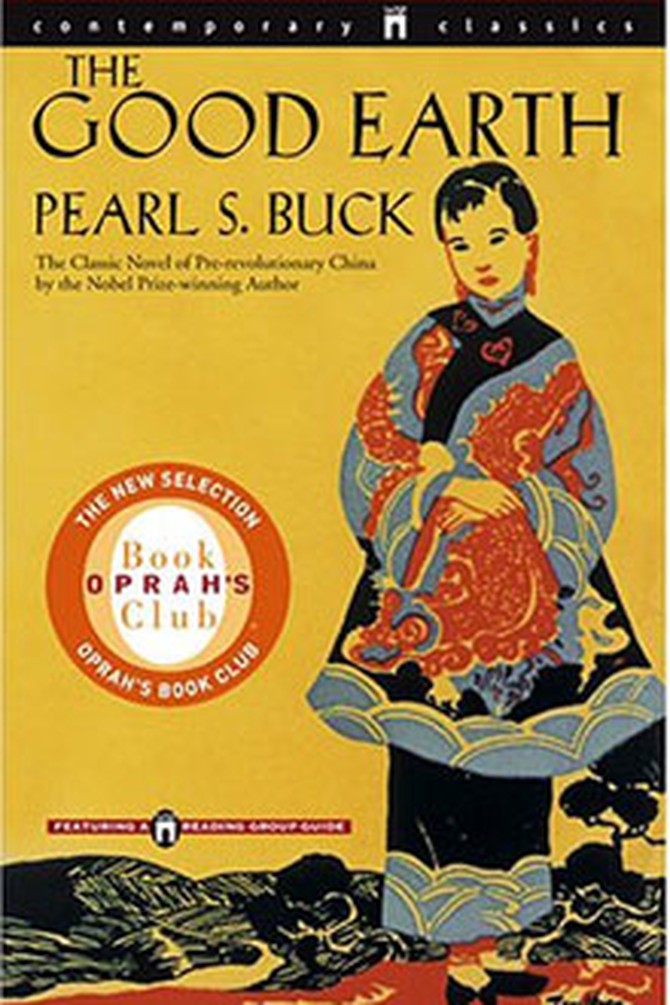
The Good Earth by Pearl S. Buck
It's a sweeping saga that’s been called ‘a universal tale of the destiny of man... It’s also juicy as all get out.
— Oprah
Get your comprehensive guide to The Good Earth
— Oprah
Get your comprehensive guide to The Good Earth
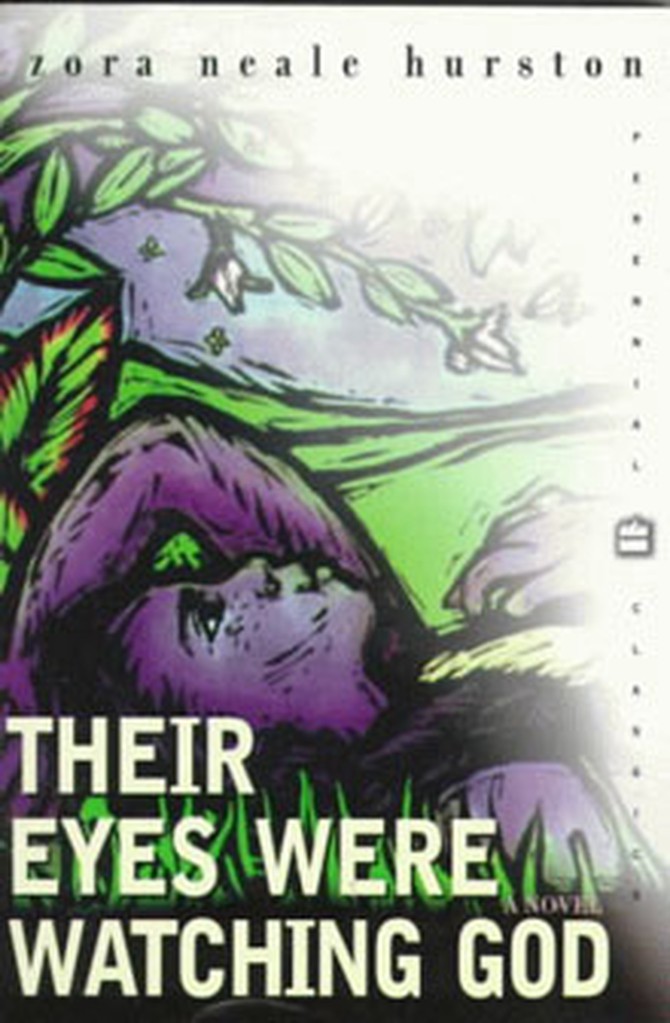
Their Eyes Were Watching God by Zora Neale Hurston
This is a deeply soulful novel that comprehends love and cruelty, and separates the big people from the small of heart, without ever losing sympathy for those unfortunates who don't know how to live properly. Hurston is a lyrical writer, and lyricism is not usually my cup of tea, but there are talents that go beyond genre and taste. Her greatest claim over me is that she never was ashamed of the novel as a form—she believed in the transformative power of storytelling, and she took risks with sentiment that few contemporary writers are prepared to make. This book is a part of my character now—that's how many times I've read it. I don't look to fiction to find heroes, but I have to admit that Janie has meant more to me than any other character. She's singing my song, somehow. And you realize the breadth of Hurston's talent when you find out how many other people feel exactly the same way.
— Zadie Smith
See all the books that made a difference to Zadie Smith
— Zadie Smith
See all the books that made a difference to Zadie Smith
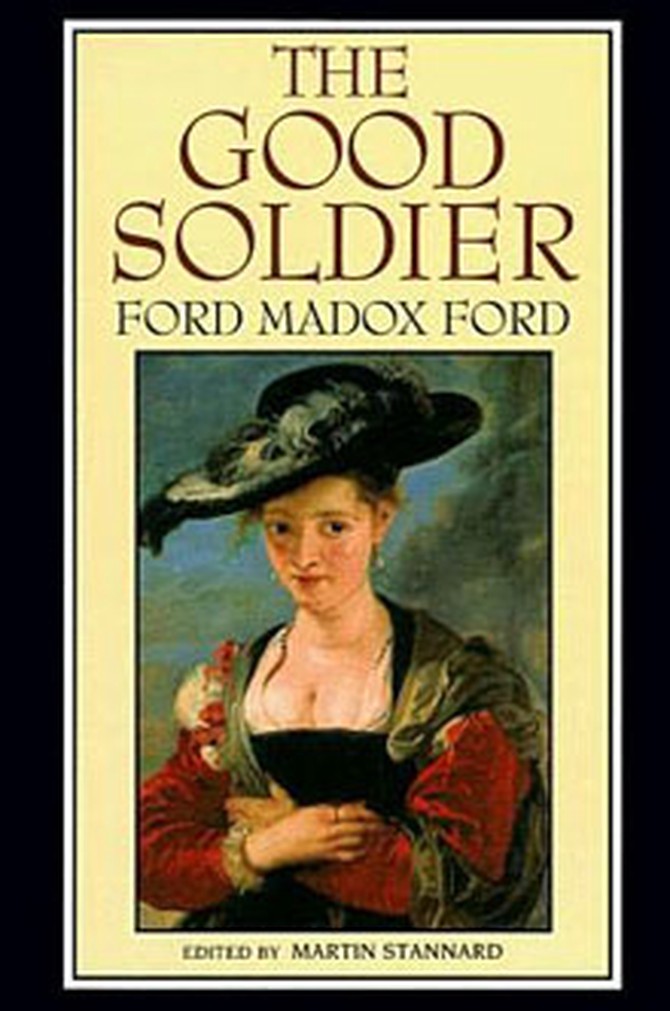
The Good Soldier by Ford Madox Ford
I buy this book in bulk so I can give a copy to anyone who might wander by. It is a gorgeous and heartbreaking novel with one of the most ambitious narrative structures I've ever seen. Two couples are best friends. Three of them are involved in an intricate series of lies. The fourth, who has been kept in the dark, is the one who tells us what happened. The novel has one of the greatest opening lines: "This is the saddest story I have ever heard."
— Ann Patchett
See all the books that made a difference to Ann Patchett
— Ann Patchett
See all the books that made a difference to Ann Patchett
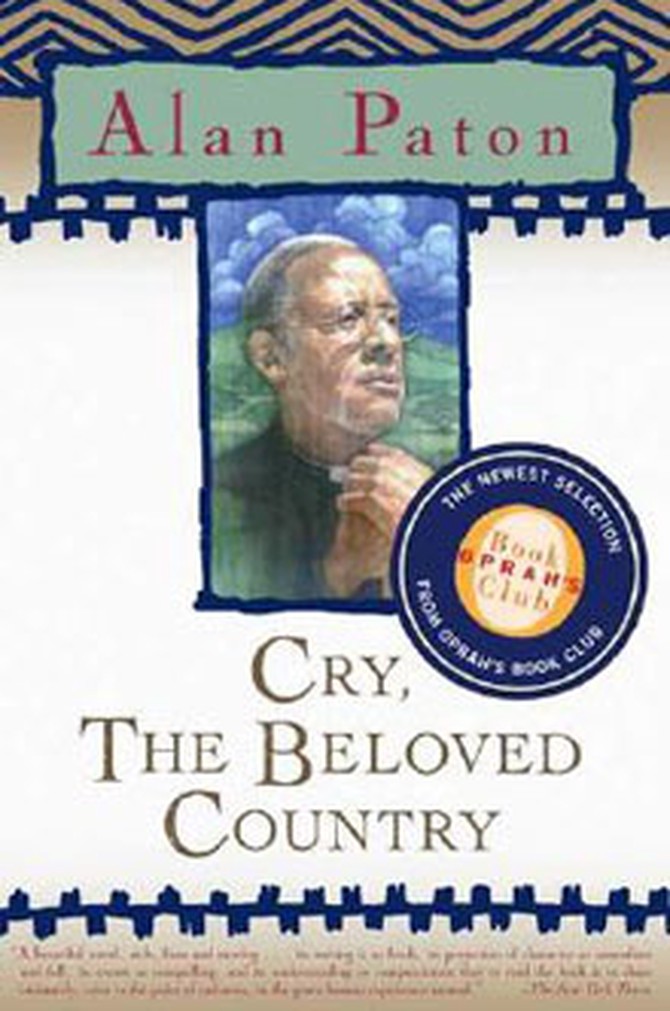
Cry, The Beloved Country by Alan Paton
Cry, the Beloved Country is the story of two men joined by circumstance. They are men who struggle in their own unique circumstances to overcome. How can this work of searing beauty change your life? Open your mind and heart to South Africa—and get to know one of the most moving novels of our time.
— Oprah
Get your comprehnsive guide to Cry, the Beloved Country
— Oprah
Get your comprehnsive guide to Cry, the Beloved Country
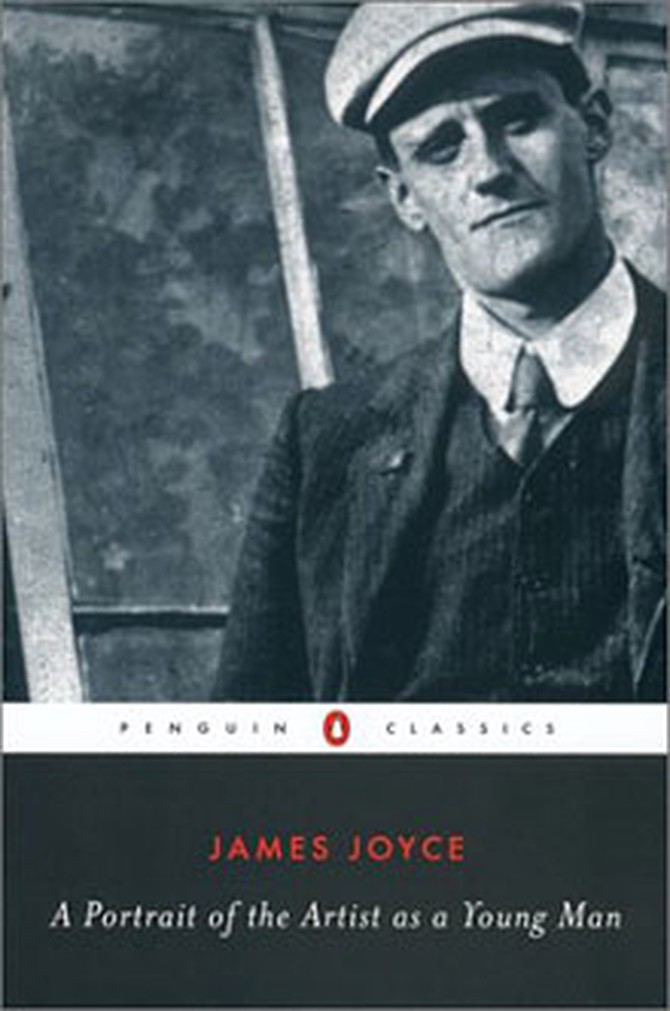
A Portrait of the Artist as a Young Man by James Joyce
There are some books that are so important you don't even notice them anymore; they're just part of the way you think. I am always surprised to see how much my own work is influenced by James Joyce—not least because it seems so presumptuous. But it's not something I can help, I'm afraid. Dubliners seemed to me to be about members of my own extended family, though it was written so long ago. A Portrait of the Artist is the founding myth for all Irish writers. Stephen Dedalus decides that the only thing to do with Ireland is to leave it, and then write about it. This, effectively, is what Irish writers still do—in our heads at least, if not on an actual airplane. It is also, still, a really good book about growing up and leaving home.
— Anne Enright
See all the books that made a difference to Anne Enright
— Anne Enright
See all the books that made a difference to Anne Enright
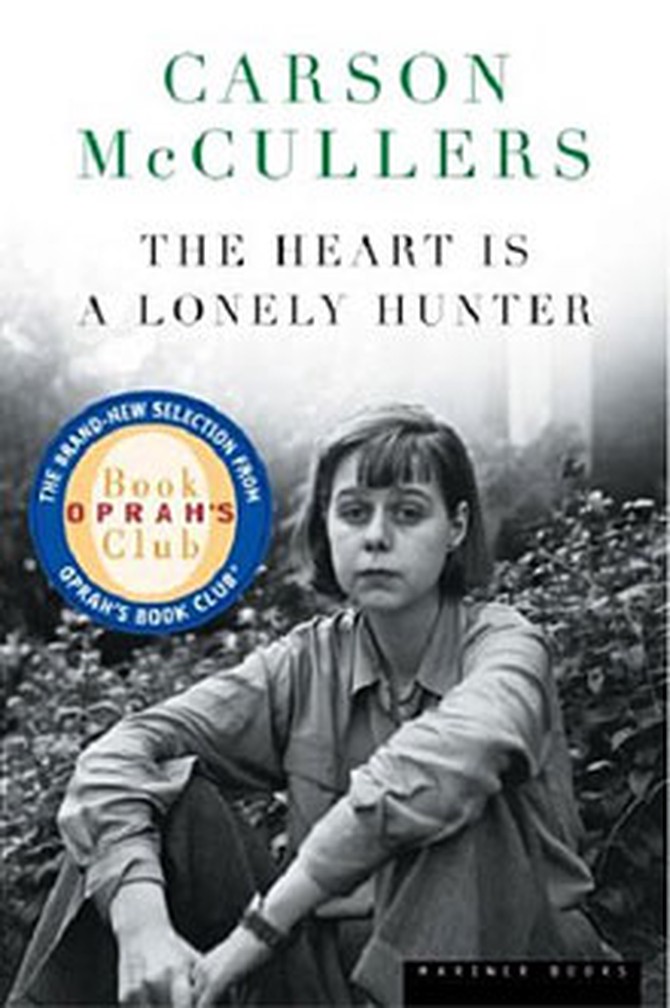
The Heart Is a Lonely Hunter by Carson McCullers
It's a poignant exploration of the mysteries of the human heart...with a cast of haunting characters.
— Oprah
Get your comprehensive guide to The Heart Is a Lonely Hunter
— Oprah
Get your comprehensive guide to The Heart Is a Lonely Hunter
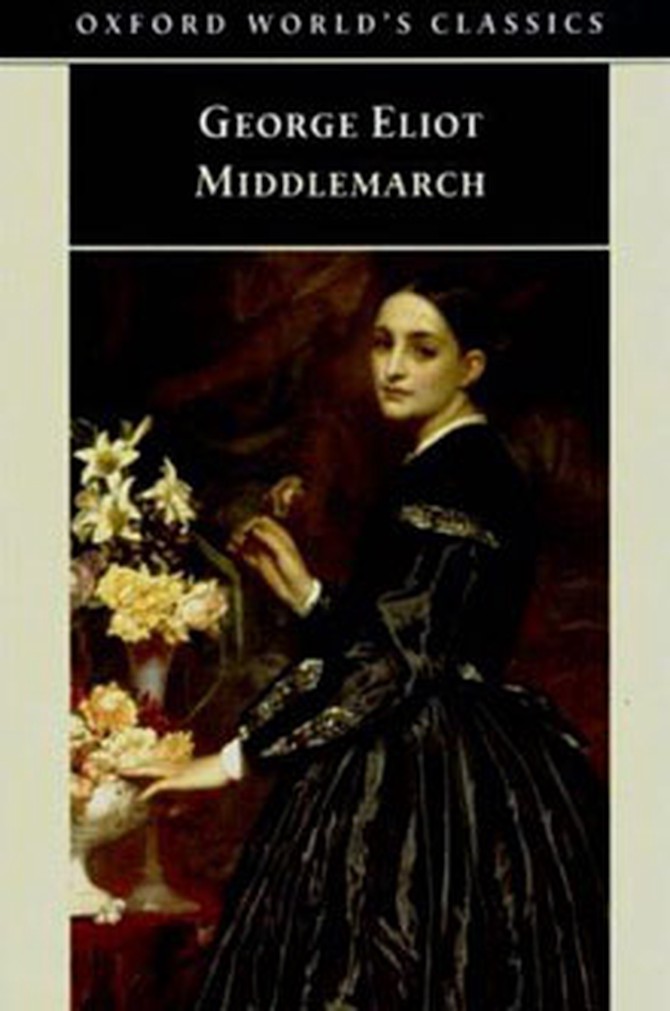
Middlemarch by George Eliot
A work of genius. But more important—and from a purely selfish point of view—a woman wrote it. That might seem ridiculous to male writers, but a man never has to think twice about the gender of genius. He's got too many examples on his side of the fence. Eliot was the first woman I read who could go toe-to-toe with, say, Tolstoy. I was 15. Since then, I've learned how many grand achievements in the novel have been female, but when I was a teenager, that was news to me.
— Zadie Smith
See all the books that made a difference to Zadie Smith and read Middlemarch with Oprah's Book Club producer Jill!
Print the complete list of classics that made a difference
More Summer Reading:
— Zadie Smith
See all the books that made a difference to Zadie Smith and read Middlemarch with Oprah's Book Club producer Jill!
Print the complete list of classics that made a difference
More Summer Reading:
From the July 2009 issue of O, The Oprah Magazine

